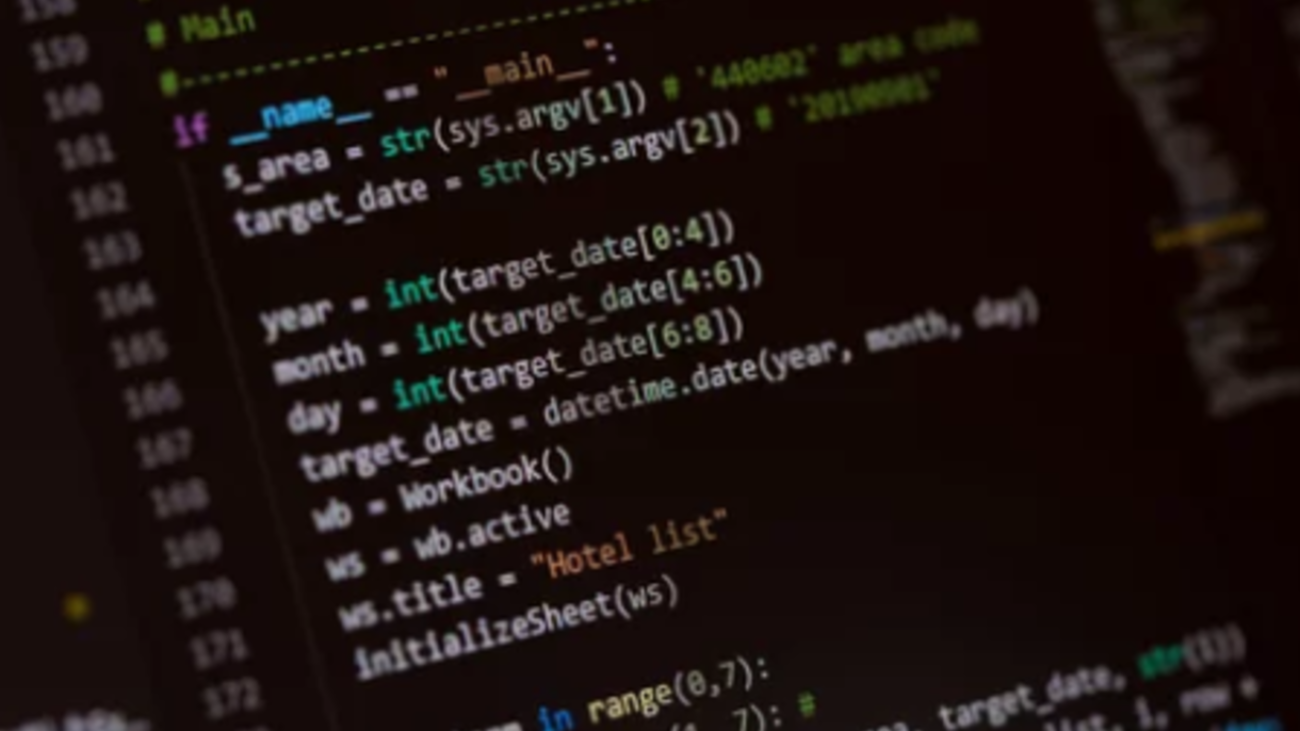Introduction.
Python has become one of the most popular and beginner-friendly programming languages in the world,
thanks to its simple syntax and wide range of real-world applications.
Whether you’re interested in data science, web development, automation, or even artificial intelligence,
Python offers an accessible entry point that allows complete newcomers to start building immediately.
But despite its friendly reputation, many beginners still feel overwhelmed when they first decide to learn it.
There are countless tutorials, courses, videos, and books available,
and without a clear plan, it’s easy to get lost, lose motivation, or jump between topics without real progress.
This is exactly why a structured, day-by-day learning roadmap can make all the difference. A roadmap gives you direction, removes decision fatigue, and ensures you build skills in the right order. It also encourages consistency, which is the single most important factor in learning to code. You don’t need to be a math expert or a computer science major to start learning Python, and you certainly don’t need expensive software or complicated tools.
All you need is curiosity, a computer, and a willingness to practice a little each day.
The good news is that Python rewards beginners quickly by allowing you to write useful programs early on. Within just a few days, you can automate small tasks, create simple scripts, or build text-based games.
Within a few weeks, you can work with data, interact with APIs, and structure full mini-projects on your own. This 30-day roadmap is designed specifically for absolute beginners who want real progress,
clear milestones, practical exercises, and a balance between theory and hands-on coding.
It breaks the learning process into manageable steps so you never feel lost or stuck. Each day builds on the previous one, slowly expanding your confidence and skills. By following this plan, you’ll not only learn Python but also learn how to think like a programmer. You’ll understand how to solve problems logically, break tasks into pieces, and write clean, reusable code. You’ll gain experience using common tools and libraries that developers rely on every day. And you’ll finish the month with a project you can proudly share with others or add to your portfolio.
Whether your goal is a new career, a hobby, or a stepping stone into AI and data science,
Python is one of the best investments you can make in your future skills. This introduction marks the beginning of your coding journey, and the roadmap ahead will guide you step by step toward becoming a confident Python programmer. So take a deep breath, open your editor, and get ready to start learning.
Your 30-day adventure with Python begins now.

Why 30 Days?
Thirty days is long enough to build real skills but short enough to stay motivated.
By the end, you’ll be able to:
- Understand Python fundamentals
- Write small programs on your own
- Automate simple tasks
- Build your first mini-project
- Keep learning without burning out
The 30-Day Roadmap
Week 1: Python Basics (Days 1–7)
Goal: Learn the fundamentals and write simple programs.
Day 1: Setup
- Install Python
- Install VS Code or PyCharm
- Learn how to run a
.pyfile - “Hello, World!”
Day 2–3: Variables & Data Types
- Strings, integers, floats, booleans
- Basic math and operators
- Input/output
Day 4: Conditionals (if/elif/else)
Write small programs like:
- Even/odd checker
- Simple password unlock
Day 5–6: Loops
forloopswhileloops- Break & continue
Try:
Generate multiplication tables, sum numbers, print patterns.
Day 7: Mini-Project #1
Pick one:
- Number guessing game
- Basic calculator
- Rock–paper–scissors
Week 2: Core Python Skills (Days 8–14)
Goal: Build real logic and work with collections.
Day 8–9: Lists & Tuples
- Indexing
- Looping through lists
- Common methods
Day 10–11: Dictionaries & Sets
- Key/value pairs
- Counting items
- Simple data lookup
Day 12: Functions
- Arguments
- Return values
- Scope
- Docstrings
Day 13: Modules & Packages
- Importing modules
- Using
math,random,datetime
Day 14: Mini-Project #2
Ideas:
- Contact book
- To-do list app
- Random password generator
Week 3: Practical Python (Days 15–21)
Goal: Learn how Python interacts with files, errors, and real data.
Day 15–16: File Handling
- Read/write text files
- CSV basics
Build something:
- Simple journal app
- Data logger
Day 17: Error Handling
try,except,finally- Common exceptions
Day 18–19: Libraries
Explore useful beginner-friendly libraries:
requests(web requests)json(data)os(system tasks)
Day 20: Virtual Environments
- Create venv
- Install packages with pip
- Project structure basics
Day 21: Mini-Project #3
Ideas:
- Weather data fetcher
- File organizer
- Simple note-taking app (JSON-based)
Week 4: Build & Launch (Days 22–30)
Goal: Create a real project you can show on GitHub.
Day 22–23: Choose Your Final Project
Options:
- Web scraper
- Blog automation script
- Finance tracker
- Tiny text-based game
- Flashcard learning tool
Pick something small but meaningful.
Day 24–27: Build It
Break it into steps:
- Define features
- Write functions
- Test each part
- Add comments + docstrings
- Save to GitHub
Day 28: Polish & Improve
- Clean code
- Add error handling
- Add configuration file
- Improve readability
Day 29: README + Documentation
Write a clear README including:
- What it does
- How to run it
- Examples
Day 30: Launch & Celebrate
- Share your project on GitHub
- Post your progress online
- Start thinking about your next learning path
What to Do After the 30 Days
Once you’ve completed the roadmap, here’s where to go next:
- Web Development: Flask, FastAPI, Django
- Data Science: Pandas, NumPy, Matplotlib
- AI/ML: PyTorch, TensorFlow
- Automation: Scripts, APIs, task automation
- Software Engineering: OOP, testing, packaging

Final Tips for Success
- Practice every day, even 20 minutes.
- Don’t copy code type it.
- Start small, build often.
- Every error is a lesson.
- Projects matter more than perfection.
